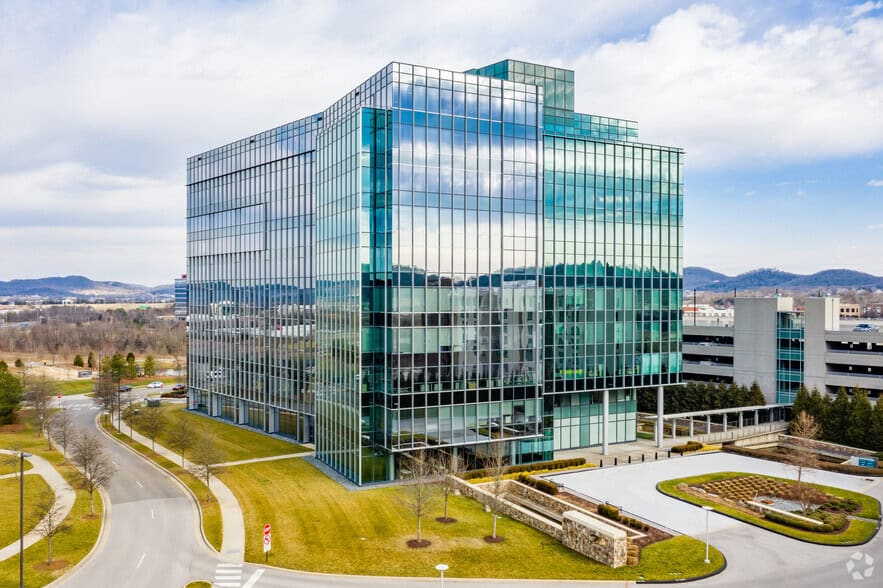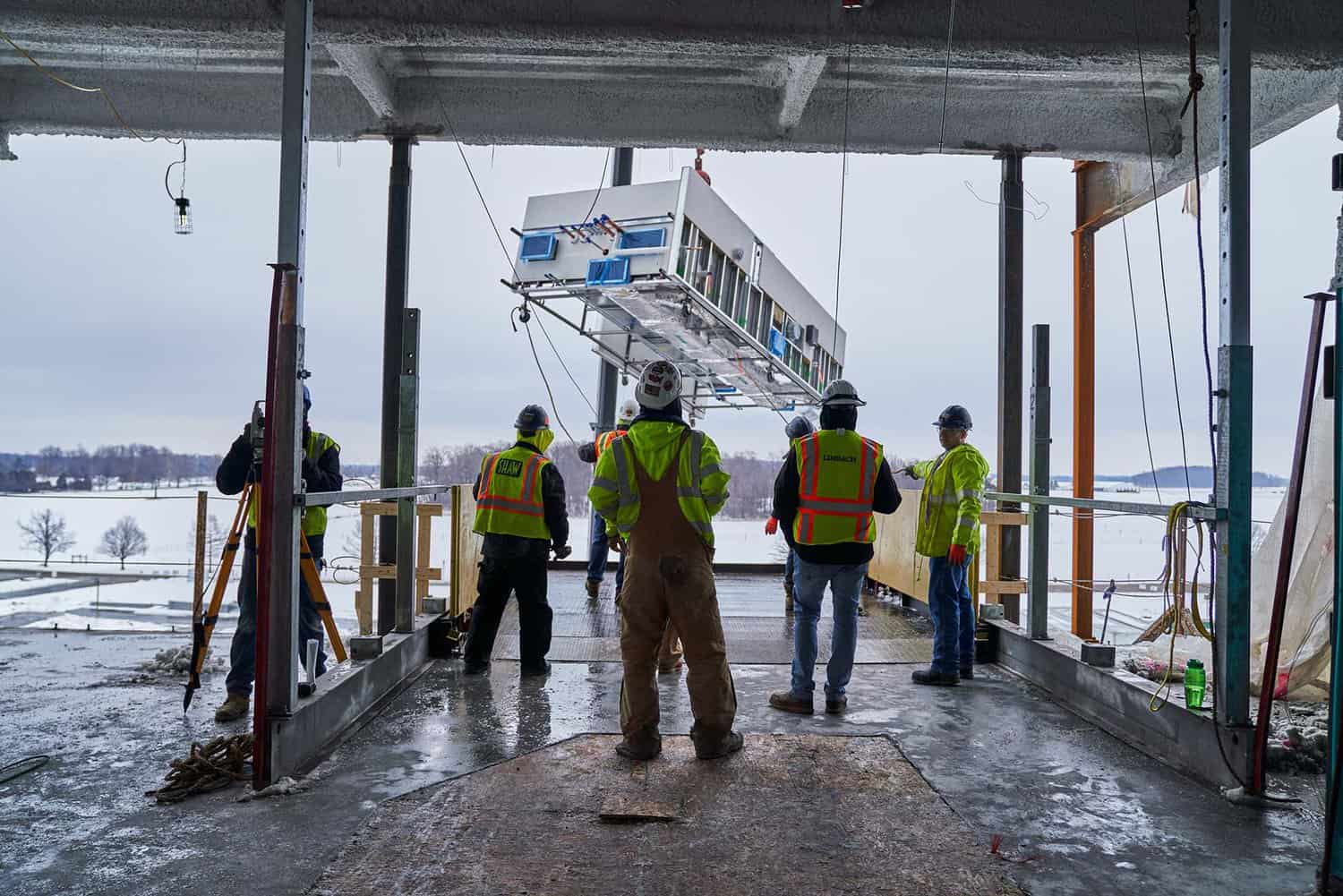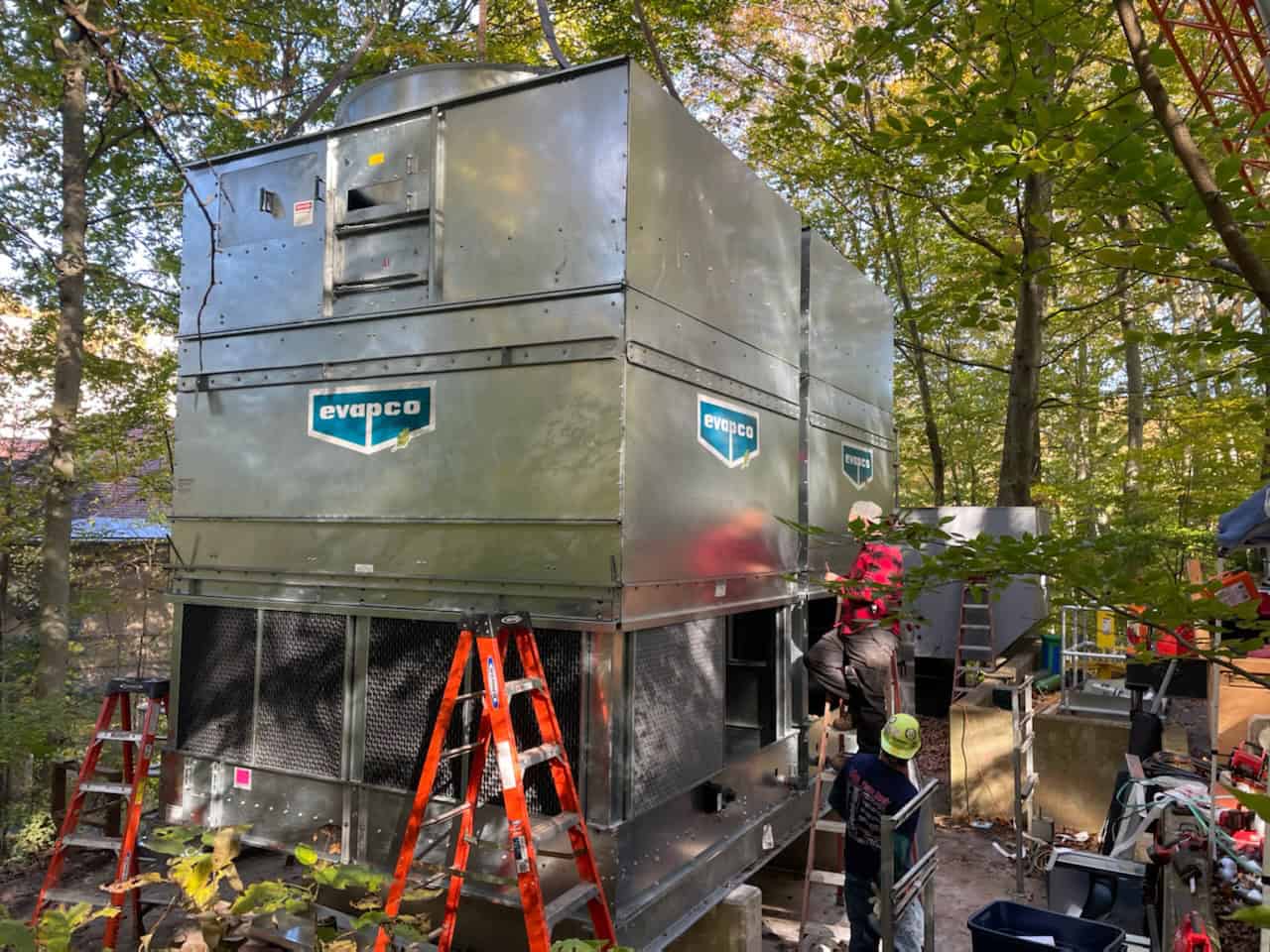REGULATING TEMPERATURES & LOWERING ENERGY CONSUMPTION FOR THE WAVERLY CITY SCHOOLS.
PROJECT NAME.
Waverly City Schools Energy Performance Contract
CUSTOMER.
Waverly City Schools
MARKET SECTOR.
Higher Education
SERVICES.
Design-Build
Engineering and Design
Mechanical Construction
Energy Benchmark Analysis
Utility Bill Auditing
THE CHALLENGE.
Waverly City Schools were challenged with having one of the highest utility bills across all of Ohio’s K-12 schools. Unfortunately due to a lack of funding, they knew they had to reduce their operating cost for their HVAC system in order to move forward with their other dire equipment replacements. Financing any type of project for the school district required a length approval process and the school district did not have any additional funds to finance any type of equipment replacements.
- High utility costs
- High operating costs
- Uncomfortable & uncontrollable temperatures throughout their facility
THE SOLUTION.
In order to determine what was causing Waverly’s utility bill to skyrocket, our team of engineers conducted an aggressive analysis of their HVAC controls and lighting systems. Our team also conducted a utility bill audit to find the source of high energy consumption. Within this analysis and audit our team found several inefficiencies within Waverly’s water source heat pump, ductwork, and controls system. In order to fix these inefficiencies, Limbach developed a plan to change the systems from water-source heat pump to traditional VAV. The existing outdoor-air AHU’s were re-purposed to VAV AHUS; the ductwork was re-purposed from fresh air delivery to full supply air delivery, and the heat pump piping was re-used for HHW delivery to VAV boxes. To help with financing the project, our LEDS engineer applied for AEP’s Business Incentive Rebate which would help Waverly pay for this project.
- School’s building temperatures were regulated properly
- Reduced maintenance repairs & associated costs
- $335,000 saved in utility bills within the first year of our solution being implementation
- Awarded with AEP’s rebate of $212,945.61 for the implementation of these efficient energy improvements



